Many writers feel that it is essential to use slang vocabulary in children’s stories. Slang can be part of the setting, part of the color of the story. It can be highly inventive and invective. The problem with slang is that it can make a book seem very old-fashioned. Consider how a modern reader would react to reading “groovy” and “gosh” throughout the dialogue. If you use present-day slang, you run the risk of dating your book.
But children do use slang, particularly when they talk to each other. They usually have a different vocabulary for adults, but they definitely have an “in” language for their peers. Very often that slang includes swear words which are not acceptable to adult buyers. Some authors try to use emphatic words that convey emotion without using curse words or obscenities. Some buyers who accept murder, robbery, assault, and kidnapping in books, will not accept “shit,” which, while vulgar, is not swearing. We are an odd society.
There is no logical, definitive rule about this. Some buyers of children’s books object to any swearing or vulgarities in the books; buyers of young adult books may be less prescriptive.
It is often a challenge to faithfully represent the emotion of the child without resorting to the kind of vocabulary that we often hear from those children. And should we? What is our position as authors on faithfully representing the lives of children on the one hand and having a moral imperative to influence them for good?
